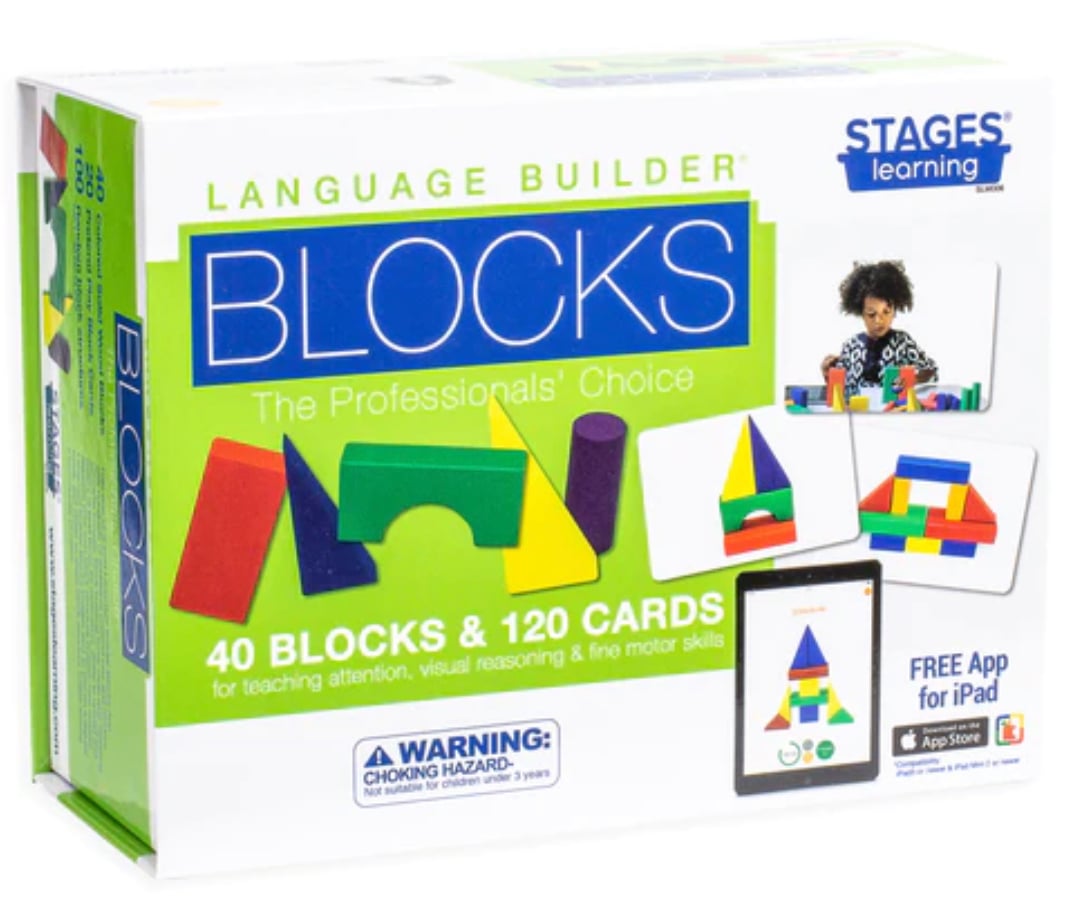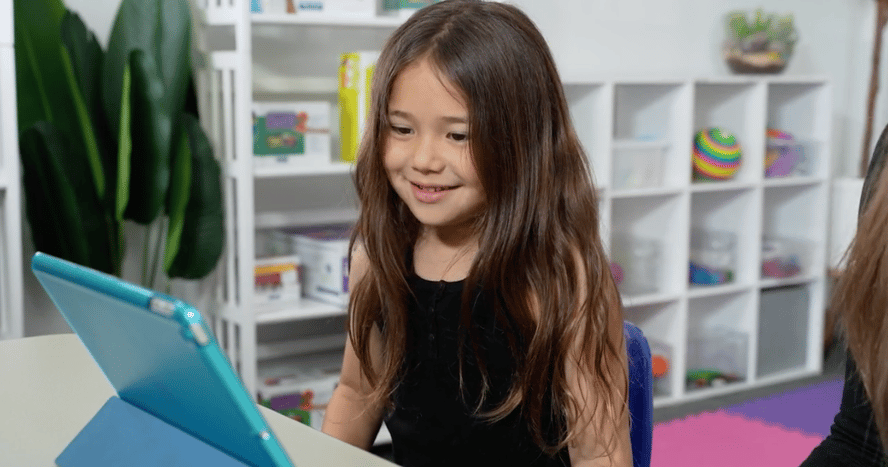
Grandparents can have a unique role in the lives of their autistic grandchild. They can be a source of support, guidance, connection, encouragement, and love.
According to Autism Speaks, “About 30% of grandparents were the first to notice that there was a problem with their grandchild’s development. Nearly 90% felt that the experience of facing their grandchild’s situation together had brought them and their adult child closer. 72% of grandparents said they play some role in making treatment decisions for their grandchild. More than 7% said they had combined households with their grandchild’s family so they could help them manage all that’s involved in raising an autistic child, while 14% had moved closer (but not into the same home) for the same reason. Over 34% said they take care of their grandchild at least once a week and about one in five grandparents indicated that they provide regular transportation for the child. About 6% of grandparents said that a family situation had become so untenable they had taken on the role of parent.”
As a grandmother of an autistic grandson, whom I raised for the first six years of his life, and again care for now in his teenage years, I learned that having that supportive role in his life, both as a full-time and a part-time caregiver, made a big difference not only for him but for the whole family.
Here are some things I learned along the way…

7 THINGS GRANDPARENTS CAN DO
1. Learn All You Can
When I first found out that my grandson is autistic, I knew next to nothing about it. Thankfully, there were several professionals available and willing to help me learn more, and they provided me with some excellent resources. The movie, “Temple Grandin” had recently been released, and this was the first thing I watched. It touched me deeply and I decided that I would do my very best to be for my grandson what Temple’s mother was for her—a positive and persistent advocate.
After this initial introduction to autism, I read many blogs and books. (I listed some of my favorites at the end of this article.) There is a lot of information out there these days and a lot to choose from. It can be overwhelming and hard to know where to start. This is why I wrote my book, “Autism on a Shoestring Budget—Early Intervention Made Easier." Along with the story of raising my grandson, it includes basic information, strategies, checklists, and many tips to make early intervention easier and more affordable.
2. Support the Parents
Receiving an autism diagnosis can be very difficult for your adult child and the whole family. They may go through an initial time of “grief” as they mourn the loss of the neurotypical child they thought they would have. Being there, and providing emotional support to your adult child’s family as they learn to accept the diagnosis with optimism, can draw everyone closer together. Many parents of autistic children report that receiving encouragement and support from their parents means a lot.
3. Help If You Can
If you live nearby, one of the most appreciated ways to help is to offer to care for your autistic grandchild for short periods to give mom and dad a break. If possible, schedule this regularly, as autistic children thrive on routine. Or if there are siblings, offering to watch them while a parent takes the autistic child to the doctor or therapy, can be a big help.
In caring for your autistic grandchild, always remember to follow the parents’ lead. They care for the child full-time and will know what works and what doesn’t, so take their input and implement it the best you can.
Even if you do not live close by you can still be an important source of support. Providing a listening ear and a shoulder to cry on when a parent needs to vent may be just what’s needed for them to tackle the next challenge. Or perhaps you can help research specific topics that will help answer questions and meet the child’s needs.

4. Communicate
Things always work best when there is open and honest communication between you and the parents, especially if you help care for the autistic child often. You may have questions or find a new strategy that helps your grandchild do better in a certain area. Or perhaps something the parents originally felt was helpful is not working anymore and they are trying something different to support the child’s behavior. Sharing your thoughts and feelings back and forth will help everyone stay on the same page and ensure that the autistic child receives consistent care across all settings.
5. Become an Advocate
As you learn about autism and get to know how it affects your grandchild, you may meet people who are not as aware as you are, and who may have questions. Always try to be prepared with a little handout or speech to help raise awareness and acceptance. If you have time and the resources, you may even want to take action and work to change policies and laws to benefit the autism community.
6. Take Care of Yourself
As I know myself all too well, it is very important to take care of yourself. Taking care of an autistic child, whether part-time or full-time, can be challenging and taxing. Just as parents experience an array of emotions and need respite, you need time for self-care, too. Don’t be afraid to take that time, and don’t feel guilty when sometimes you have to decline a request. Your adult children will understand, and you will be the better for it.
7. Reap the Rewards
Being a grandparent to an autistic grandchild can be very rewarding. Almost every grandparent I have talked with over the years told me that they developed a special bond with their autistic grandchild and that the love they received in return was worth any effort.
Some non-verbal children may not be able to express their gratitude and love in words, but there is an unmistakable connection as they hug and squeeze you or express their love in another unique manner.
Verbal children may also have a special way to express their love for you. In my grandson’s case, every night, without fail, before going to sleep, he will call out, “Oma, three things! I love you! I am never going to leave you! You are the best Oma ever!” It never gets old and never fails to warm my heart! Those “three things” make it worth it all—even after one of the most challenging days.

Of course, every family, and every autistic child, is unique, and these tips may not work in every situation. However, I hope that this article will serve as a starting point for grandparents in finding the best approach to helping those in their family affected by autism.
RESOURCES:
There are many helpful articles and autism books on the market. Below are some of my favorites. All book titles are available from Amazon.com.
- The Way I See It: 5th Edition: Revised & Expanded, by Temple Grandin
- Ten Things Every Child with Autism Wishes You Knew (Revised and Updated), by Ellen Notbohm
- Uniquely Human: A Different Way of Seeing Autism, by Barry M. Prizant
- Everybody is Different: A Book for Young People Who Have Brothers or Sisters With Autism, by Fiona Bleach and AAPC Publishing





